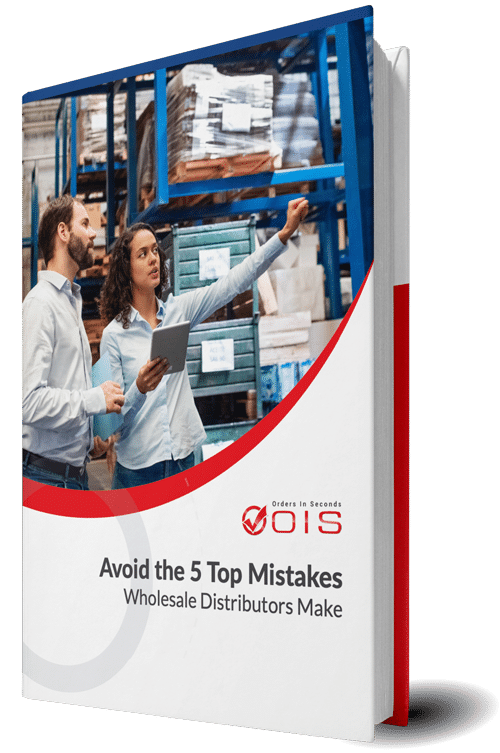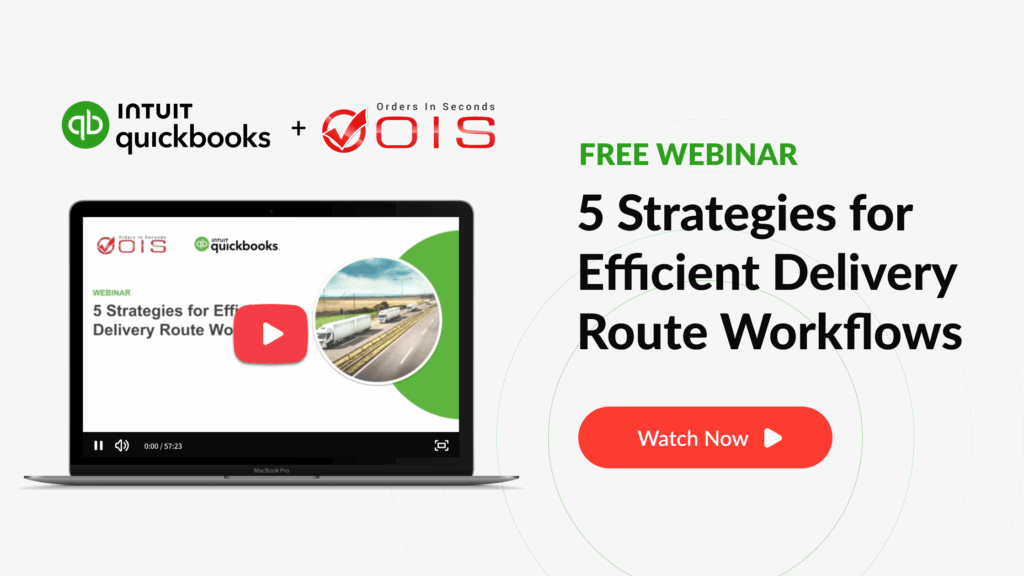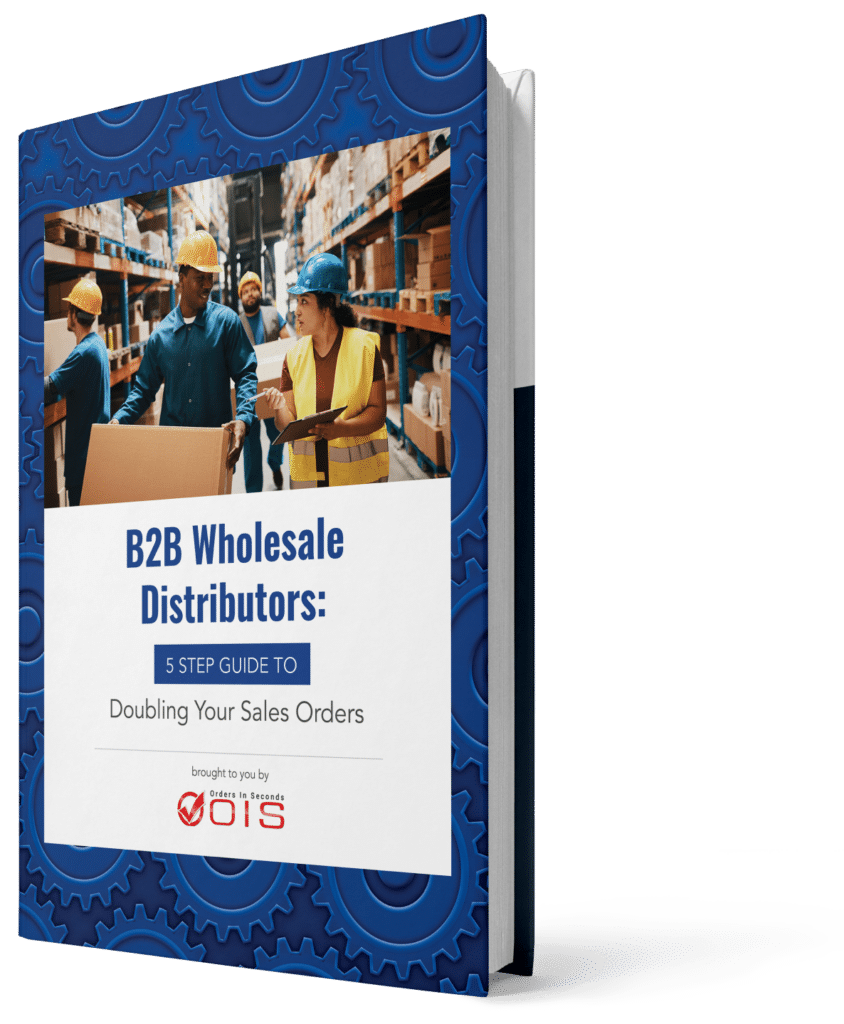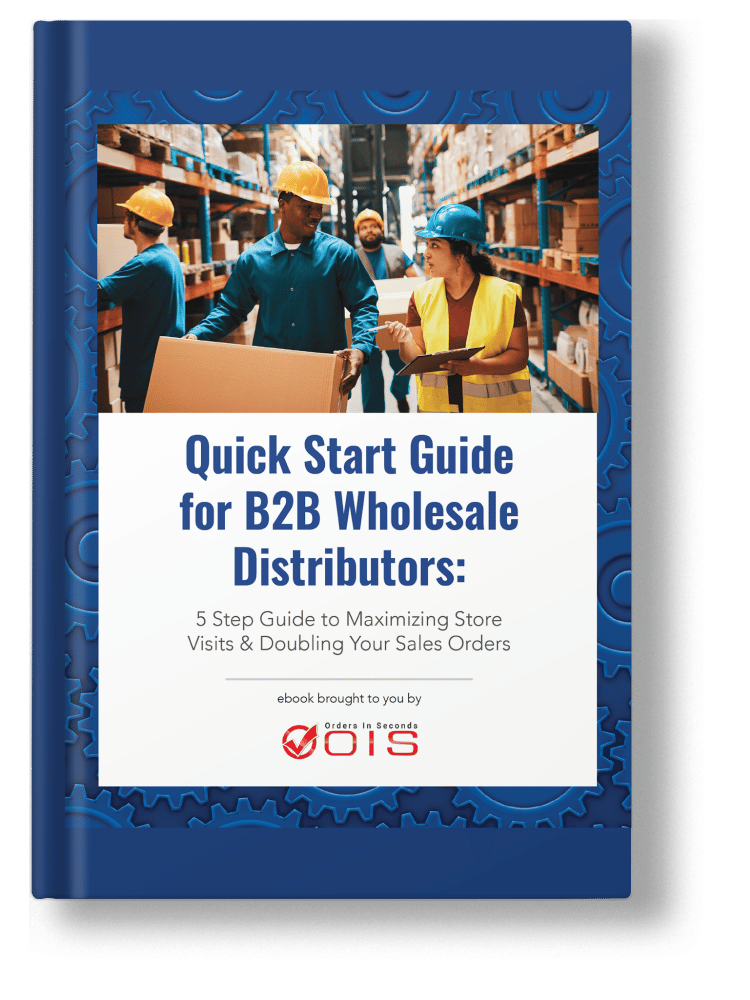Truck routing software optimizes your truck routes, enhancing efficiency, reducing costs, and ensuring timely deliveries. This article explores the features and benefits of top truck routing software solutions to improve your logistics operations. Additionally, it will provide an overview of the comprehensive features and benefits of truck routing software.
Introduction to Truck Routing
Truck routing is a critical component of logistics and transportation management, involving the planning and optimization of routes for commercial vehicles to ensure efficient and cost-effective delivery of goods. Effective truck routing software can help businesses optimize their routes, reduce fuel consumption, and improve customer satisfaction. By using advanced algorithms and real-time data, truck routing software can help companies plan routes that take into account factors such as road restrictions, traffic patterns, and delivery windows. This can lead to increased productivity, reduced costs, and improved profitability for businesses.
Truck routing software considers various factors to create the most efficient routes. These include vehicle capacity, road restrictions, and fuel efficiency, ensuring that each route is optimized for the specific needs of the business. By integrating real-time traffic data, the software can dynamically adjust routes to avoid congestion and delays, ensuring timely deliveries and enhancing customer satisfaction.
Moreover, truck routing software plays a vital role in last-mile optimization, which is crucial for meeting customer expectations and maintaining a competitive edge. By optimizing the final leg of the delivery process, businesses can ensure that goods reach their destination promptly and efficiently, further boosting customer satisfaction and loyalty.
Key Takeaways
- Truck routing software optimizes routes based on vehicle capacity, road restrictions, and real-time data, enhancing efficiency and safety.
- Key features include real-time traffic updates and AI-powered algorithms, which significantly reduce operational costs and improve delivery performance.
- Implementing truck routing solutions leads to environmental benefits by minimizing fuel consumption and emissions while enhancing customer satisfaction.
Table of Contents
- Understanding Truck Routing Software
- Key Features of Truck Routing Software
- Benefits of Using Truck Routing Software
- Optimizing Multi Stop Routes
- Real-Time Route Adjustments
- Enhancing Fleet Management
- Last Mile Transportation Solutions
- Case Studies: Success Stories with Truck Routing Software
- Choosing the Right Truck Routing Software
- Implementation and Integration
- Mobile App Integration
- Environmental Impact
- Summary
- Frequently Asked Questions
- Drive Efficiency with Smarter Truck Routing
Understanding Truck Routing Software

Truck routing software is designed to optimize truck routes for efficiency and reduce costs, playing a central role in linking customer needs with fulfillment satisfaction through truck route optimization, directions, jobs, distribution, destination, and region.
The software considers:
Vehicle capacity
Road restrictions
Fuel efficiency
Delivery windows
The software allows for re-assigning addresses from one route to another to optimize overall logistics. This ensures precise route planning. It combines recurring routes with dynamic updates to continuously optimize routes and improve overall efficiency, leading to optimized routes.
One of the key advantages of truck routing software is its ability to enhance last-mile optimization. This not only improves efficiency and utilization but also ensures exceptional customer service. The software enhances safety by minimizing risks and reducing accidents, keeping drivers and customers safe while avoiding fines. The integration of real-time data into routing decisions further enhances safety and compliance, making it a crucial tool for modern logistics.
Beyond improving route planning, truck routing software also optimizes and dispatches routes while managing delivery workflows to ensure safe navigation. This results in efficient routes being created in less time, allowing businesses to meet their delivery commitments more reliably. As we delve deeper into the features and benefits of this software, you’ll see how it can transform your fleet operations.
Key Features of Truck Routing Software
Advanced route optimization software analyzes delivery locations and traffic to provide the most fuel-efficient paths, playing a crucial role in planning routes. Real-time traffic data integration allows the software to quickly adjust routes to avoid congested areas, ensuring that trucks spend less time on the road and more time delivering goods. This feature is particularly beneficial for multi-stop route planning, where sequencing stops efficiently can significantly improve travel time and reduce fuel usage, including necessary rest stops.
Key features to consider when choosing truck routing software include route optimization, real-time traffic updates, and GPS tracking. AI-powered algorithms ensure precise route optimization based on specific vehicle requirements, taking into account factors like load weight and road restrictions. This level of detail helps businesses optimize routes and improve overall route efficiency. Effective route planning through truck routing software helps businesses save time and money by optimizing routes. As we move forward, we’ll explore the myriad benefits of using this technology and how it can positively impact your business operations.Benefits of Using Truck Routing Software

Implementing advanced routing technologies can lead to a significant decrease in operational costs and improved utilization of fleets. With fuel costs representing about 24% of trucking operational expenses, efficient route planning is essential for cost reduction. Optimizing load planning with routing software significantly reduces the number of trips needed, lowering expenses.
Real-time traffic integration allows routing software to reroute vehicles dynamically, improving delivery efficiency and ensuring that shipments arrive on time. Automated customer notifications enhance transparency and satisfaction during the delivery process, keeping customers informed about their deliveries. Last-mile route optimization is particularly impactful, as it enhances customer satisfaction by improving revenue and retention through on-time service and time window compliance.
Beyond cost savings and customer satisfaction, route optimization software can also significantly decrease a company’s carbon footprint by reducing fuel consumption and emissions from vehicles. Adopting route optimization software allows businesses to contribute to sustainable practices, conserving natural resources for future generations. This combination of financial, environmental benefits, and profitability makes truck routing software a valuable investment for any logistics operation.
Optimizing Multi Stop Routes

Multi-stop route planning and optimization is a critical function of truck routing software. Effective route optimization can lower delivery expenses significantly, potentially by up to 40%. For instance, Routific’s software can reduce delivery distances by as much as 15% compared to its competitors, showcasing the power of optimized routing algorithms.
Advanced truck routing systems consider traffic patterns when estimating travel times, enhancing route efficiency and ensuring that deliveries are made promptly. Driver feedback plays a crucial role in the optimization process, as poorly planned routes can lead to frustration and inefficiencies. Incorporating driver insights enables businesses to create more efficient routes that meet the needs of both drivers and customers.
Efficient route planning also allows for better vehicle load optimization, resulting in fewer trips and minimizing emissions. This not only reduces operational costs but also contributes to environmental sustainability. As we continue, we’ll explore how real-time route adjustments can further enhance delivery efficiency and adaptability.
Real-Time Route Adjustments
Truck routing software handles last-minute changes, reloads, reroutes, and replans in minutes, enhancing delivery efficiency and ensuring that businesses can adapt to unforeseen circumstances. Real-time updates powered by embedded cellular IoT modules enable businesses to respond to traffic or weather disruptions, maintaining timely deliveries and customer satisfaction. The speed of real-time updates and adjustments enhances delivery efficiency and adaptability, effectively addressing various parameters and constraints. This flexibility is essential in a dynamic business environment where routines are seldom routine.
Dynamic route adjustments help mitigate issues like truck stacking at delivery points, reducing wasted time and improving overall route efficiency. The software can manage recurring routes that shift daily, weekly, or seasonally, adapting to the specific needs of businesses. For example, Samsara’s fleet telematics system enhances operational efficiency by providing real-time insights into driver behavior and route performance.
Mobile applications for truck routing enhance driver efficiency by providing timely updates on route conditions and traffic changes. DispatchTrack offers virtual advisor support to assist users in making informed delivery decisions. These real-time capabilities ensure that drivers can make the best decisions on the road, further optimizing routes and reducing environmental impact through effective dispatching.

Avoid the Top 5 Mistakes Wholesale Distributors Make
Are you making one of the top 5 mistakes that plague wholesale distributors? Download our free eBook to find out. We’ve also included tips and guidance to help you save time and avoid costly mistakes.
Analytics in routing software track fuel usage and delivery efficiency, aiding in continuous operational improvement. Leveraging advanced analytics allows businesses to monitor fuel consumption and optimize delivery performance, resulting in cost savings and increased productivity. Telematics systems facilitate compliance management by automating reporting for Hours of Service and other regulatory requirements, ensuring that fleets operate within legal guidelines.
Real-time GPS tracking allows fleet managers to monitor vehicle location, improving response times and operational control. This level of oversight ensures that any issues can be addressed promptly, enhancing overall fleet efficiency. For example, Route4Me’s Route Software provides detailed mileages, route manifests, fuel cost savings, revenue, cost, and service time, offering a comprehensive set of tools for optimizing fleet operations.
By maximizing the use of these technologies, businesses can enhance their fleet management capabilities, leading to improved efficiency, reduced costs, and better compliance with regulatory requirements. As we move forward, we’ll explore real-world success stories to illustrate the transformative impact of truck routing software.
Last Mile Transportation Solutions
Last mile transportation refers to the final leg of the delivery process, where goods are transported from a distribution center or warehouse to the end customer. Last mile transportation solutions are designed to optimize this process, ensuring that deliveries are made efficiently and effectively. This can involve the use of advanced routing algorithms, real-time tracking, and mobile apps to streamline the delivery process. By optimizing last mile transportation, businesses can improve customer satisfaction, reduce costs, and increase productivity.
Advanced routing algorithms play a crucial role in last mile transportation solutions by determining the most efficient routes for deliveries. These algorithms take into account various factors such as traffic conditions, delivery windows, and road restrictions to ensure that each delivery is made in the most efficient manner possible. Real-time tracking allows businesses to monitor the progress of deliveries and make adjustments as needed to avoid delays and ensure timely arrivals.
Mobile apps further enhance last mile transportation by providing drivers with real-time updates and directions, helping them navigate efficiently and avoid potential obstacles. These apps also enable businesses to communicate with drivers and customers, providing updates on delivery status and ensuring a smooth and transparent delivery process.
By implementing last mile transportation solutions, businesses can better manage their fleet, reduce fuel consumption, and improve their overall logistics operations. This not only leads to cost savings but also enhances customer satisfaction by ensuring that deliveries are made on time and in excellent condition.
Case Studies: Success Stories with Truck Routing Software

The City of Glendale, Arizona, improved their efficiency by transitioning from paper routes to digital routing, enhancing response times and service delivery. Similarly, Momentum Recycling has focused on reducing waste and recycling through optimized routing solutions, demonstrating the environmental benefits of this technology. In East Hants, Nova Scotia, a solid waste management system was enhanced to serve over 10,000 residences more effectively through improved routing.
The Metropolitan Government of Nashville, Tennessee, is utilizing routing software to tackle waste contamination issues and improve service delivery. The City of Concord, North Carolina, adopted a new routing system to confront rising operational costs and enhance service quality. Additionally, Kansas City, Missouri, implemented Routeware SmartCity to boost the efficiency of its fleet operations.
Hillside Solutions partnered with Routeware to optimize their business operations and significantly improve driver and customer satisfaction. These case studies highlight the tangible benefits of truck routing software, showcasing how it can transform operations, reduce costs, and enhance service quality across various sectors.
Choosing the Right Truck Routing Software

Choosing the right truck routing software begins with assessing your specific transportation needs. It’s essential to select software that addresses the unique challenges your business faces, whether it’s managing a small fleet or handling complex delivery schedules. Additionally, opting for software that can scale with your business growth without losing performance ensures long-term value.
A user-friendly interface is crucial for team adoption and effective use of the software. Selecting intuitive and easy-to-use software ensures teams can quickly adapt and start reaping the benefits of optimized routing and scalability.
As we delve into mobile app integration, we’ll see how dedicated apps can further enhance the effectiveness of truck routing software.
Implementation and Integration
Implementing and integrating truck routing software can be a complex process, requiring careful planning and coordination. Businesses must consider factors such as data integration, user training, and system compatibility to ensure a smooth transition. It is essential to choose a software solution that is scalable, flexible, and customizable to meet the specific needs of the business. Additionally, businesses should consider the total cost of ownership, including upfront costs, maintenance, and support.
A successful implementation begins with a thorough assessment of the business’s current operations and identifying areas where truck routing software can provide the most significant benefits. This involves evaluating existing data systems and ensuring that the new software can integrate seamlessly with them. User training is also crucial, as it ensures that employees can effectively use the software to optimize routes and improve efficiency.
Choosing a scalable and flexible software solution is vital for accommodating business growth and changing needs. The software should be customizable to address specific challenges and requirements unique to the business. Additionally, considering the total cost of ownership, including initial investment, ongoing maintenance, and support, helps businesses make informed decisions and maximize their return on investment.
Real-time updates, progress tracking, and data analysis are essential features of truck routing software that can significantly enhance business operations. These features enable businesses to monitor deliveries, track performance, and make data-driven decisions to continuously improve their logistics processes. By carefully evaluating and selecting the right truck routing software, businesses can optimize their routes, improve efficiency, and increase customer satisfaction.
Mobile App Integration
Using dedicated truck routing apps allows drivers to receive faster and more accurate route calculations compared to multifunctional apps. These specialized apps focus on their specific functionalities without data overload, improving performance and ensuring that drivers can navigate efficiently. Separate truck routing and parking applications also minimize battery consumption and data usage, which is crucial during long trips.
Mobile apps play a crucial role in truck routing by enabling drivers to receive timely updates and efficiently track their progress. These apps enhance the overall delivery process by providing real-time information on route conditions and traffic changes, ensuring that drivers can make informed decisions on the road.
As we explore the environmental impact, we’ll see how these technologies affect sustainability and complexity.
Environmental Impact
Routing software helps reduce fuel costs by optimizing routes and minimizing unnecessary mileage, contributing to both cost savings and environmental sustainability. Advanced fuel analytics offered by telematics systems help organizations manage energy use and emissions effectively. Providing drivers with insights on idling and driving habits through fleet telematics can significantly reduce fuel consumption.
FarEye’s truck routing software reduces metric tonnes of GHG emissions, showcasing the environmental benefits of optimized routing. Truck navigation software also helps in minimizing empty backhauls, which decreases operational costs and environmental impact, providing a clear map for efficiency.
These technologies are a critical component of any sustainability program, helping businesses achieve their environmental goals while improving operational efficiency processes that matter to increase productivity.
Summary
In summary, truck routing software offers a range of benefits that can transform logistics operations, from reducing operational costs and improving route efficiency to enhancing customer satisfaction and supporting sustainability. By leveraging advanced features like real-time traffic updates, AI-powered algorithms, and mobile app integration, businesses can optimize their routes and achieve significant improvements in efficiency and performance.
As we move towards a more connected and environmentally conscious world, the adoption of truck routing software is not just a technological advancement but a strategic necessity. Embrace this technology to drive your business forward, reduce your carbon footprint, and deliver exceptional service to your customers.
Frequently Asked Questions
Truck routing software optimizes routes for trucks, enhancing efficiency and reducing costs by factoring in vehicle capacity, road restrictions, fuel efficiency, and delivery windows. It’s an essential tool for logistics management.
Truck routing software enhances route planning by utilizing real-time data to create efficient routes quickly, optimizing dispatching and delivery workflows. This leads to better time management and reduced operational costs.
Truck routing software is essential for efficiency, featuring route optimization, real-time traffic updates, AI-powered algorithms, GPS tracking, and multi-stop capabilities. These tools significantly enhance delivery performance and reduce operational costs.
Utilizing truck routing software can significantly reduce costs while improving customer satisfaction and fleet management. Its advanced analytics and real-time GPS tracking also contribute to enhanced environmental sustainability.
Mobile app integration is crucial in truck routing as it enables drivers to receive real-time updates and monitor their route, leading to improved decision-making and enhanced delivery efficiency.
Drive Efficiency with Smarter Truck Routing
Turn every delivery route into a profit path with the OIS Delivery App—built to meet the demands of modern distributors and wholesalers. Just like the top truck routing solutions in our blog, OIS Delivery empowers your drivers with real-time route optimization, digital proof of delivery, and instant access to orders and invoices. Reduce delivery times, minimize dispatch errors, and boost customer satisfaction—all from one intuitive mobile platform.







